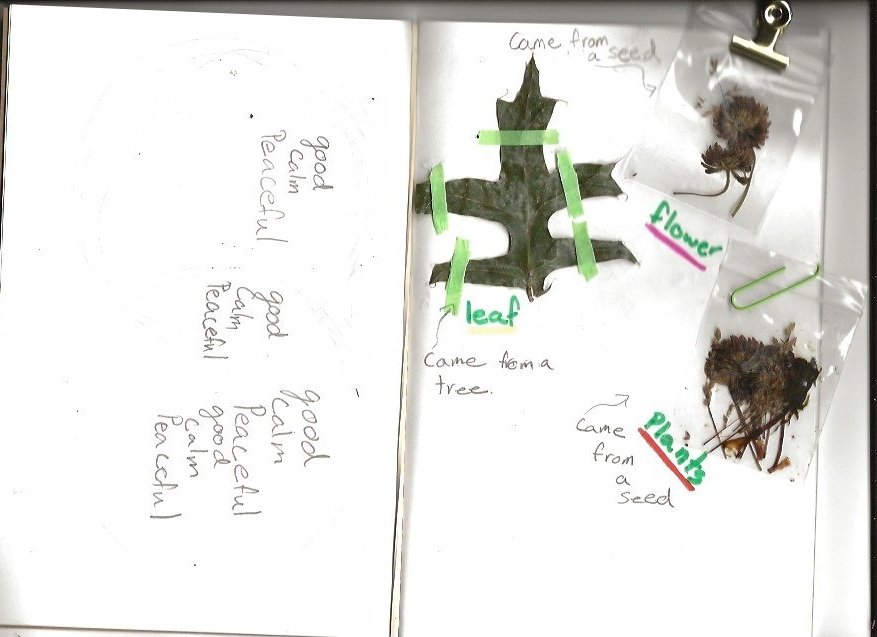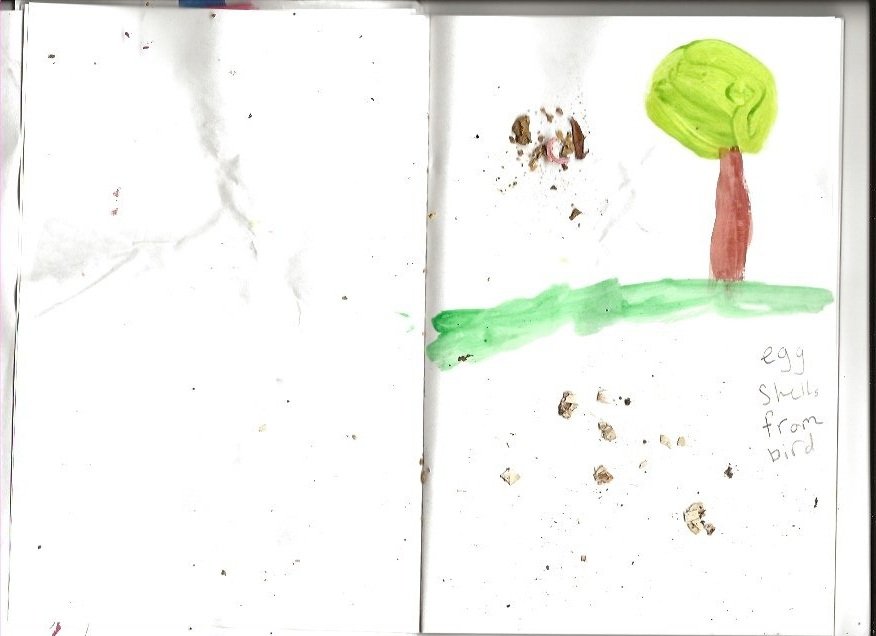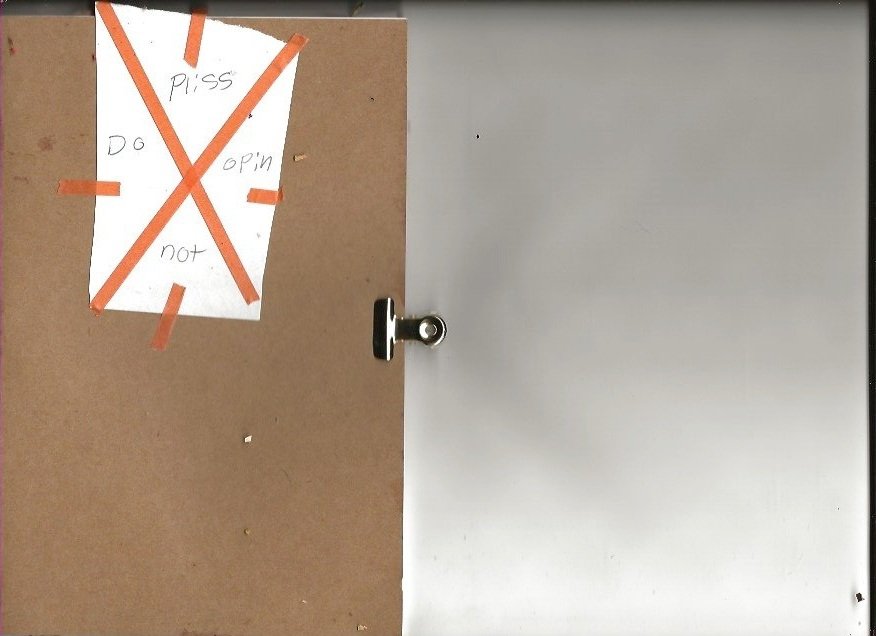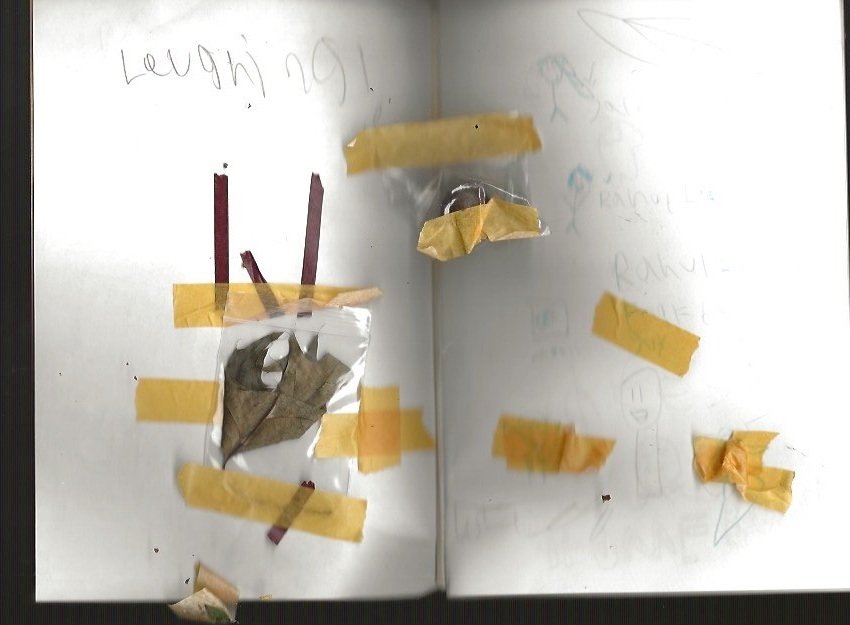Fifth Avenue Upper Elementary
Explorer Journaling
Building empathy in our community - thinking about where we are in time and space
Fourth-grade students at F.AVE created hyperlocal journals made out of found objects from their community and compiled of personal stories, objects, interviews, and written experiences. Local artist Meta Gary and Paint Love have designed a project that encompasses the IB tie-in with the curriculum theme “Where We Are In Time and Space” with added investigative journalism, history, and preservation elements. 4th-grade students received an “explorer’s kit” filled with a journal, pencils, Washi tape, glue, and other art supplies that they worked with over the entire month of May. Over four weeks, each classroom was matched with a local artist who lead students in guided discussion and opportunities for introspection. By the end of the sessions, students’ journals were plastered with drawings, materials, and entries. This journal and the conversations produced throughout the month are as special snapshot of where these students are in their lives, their physical space, and their interactions with the world.
Are you a F.aVE student who participated? Take our survey! >>
…And then scroll down to check out more resources to help you keep your journaling up through the summer!
Support more arts opportunities for your students in Decatur schools!
Support Zara’s Fund at the Decatur Education Foundation - that made this project possible.
The artist team at F.AVE

Candace Caston

Meta Gary

Hannah-Rose Broom

Nedra Deadwyler
Photos from the project
Photos from Jason Drakeford of Drakeford Films
Battle
Beckwith
Click on a spread to see it larger
Burns
Olson
O’Neil
Robinson
Stewart
Vickery
Williams
Keep journaling this summer!
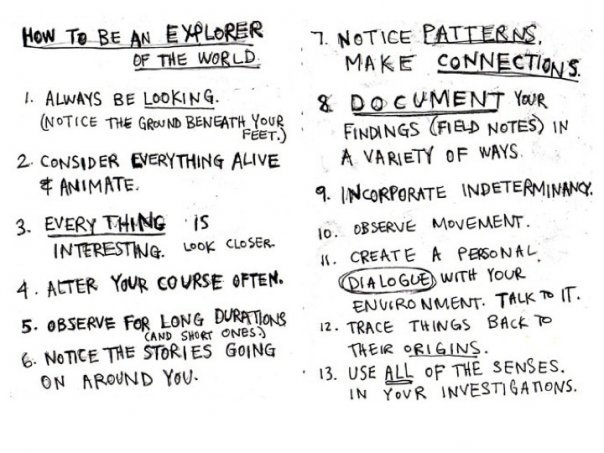
From “How To Be An Explorer of the World” By Keri Smith
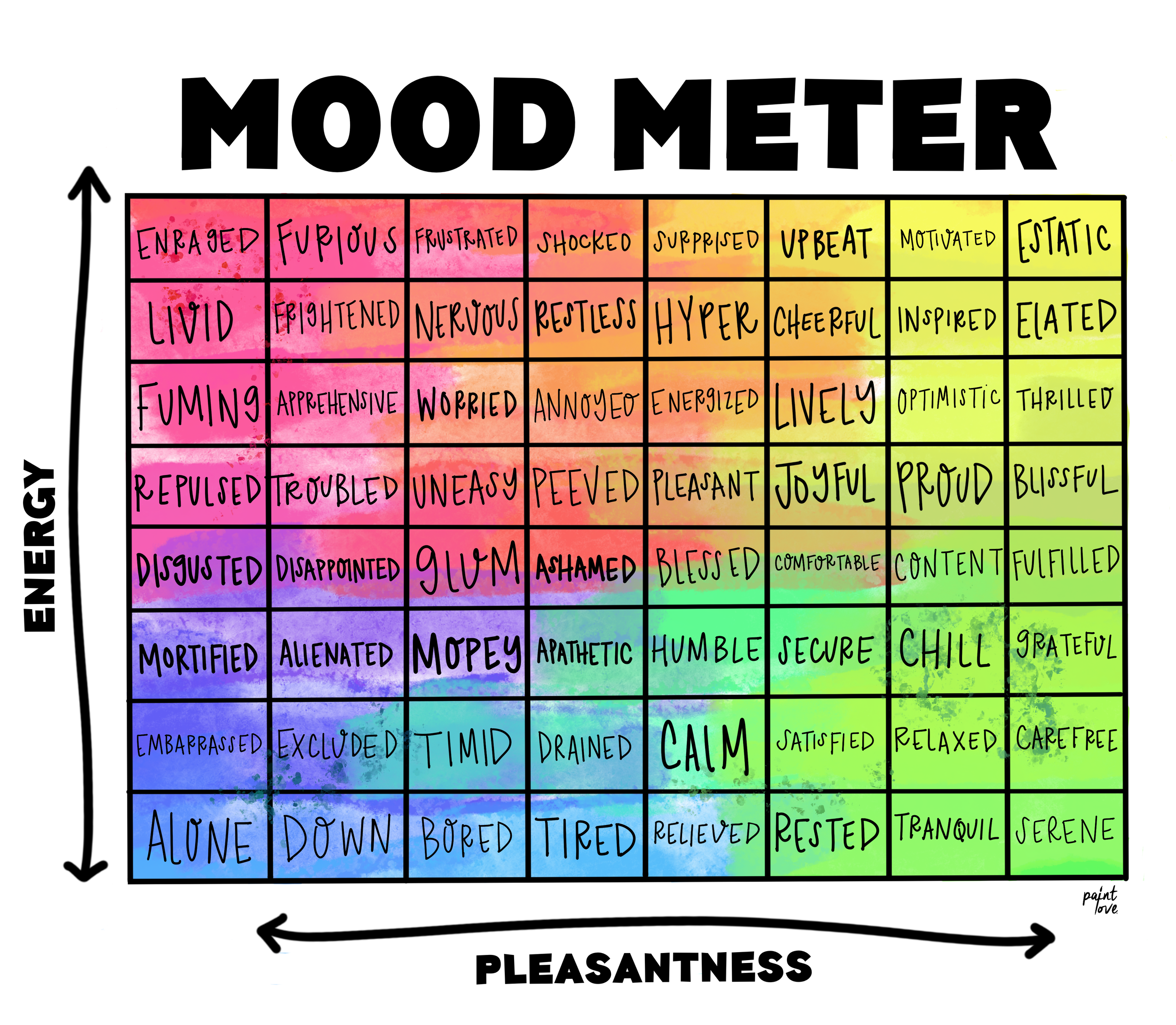
1. Start from the inside
How are you feeling? Use the mood meter to explore feeling words and write/draw something to capture your feelings.
Think about: how/ if what you write/draw is different if it’s just for you, or if you’re going to share it?
Move your body (run in place, take a walk, or do some stretched, and see if that changes your mood at all.
2. Use your senses
Find + record
5 things you can see
4 things you can hear
3 things you can feel
2 things you can smell
1 thing you can taste
Try recording what you sense by:
Drawing different textures
Using different colors
Using different weight lines
Writing a poem
Writing a short story
3. Explore your surroundings
Pick things up. Tape, glue, clip them into your journal to make it a multi-media project.
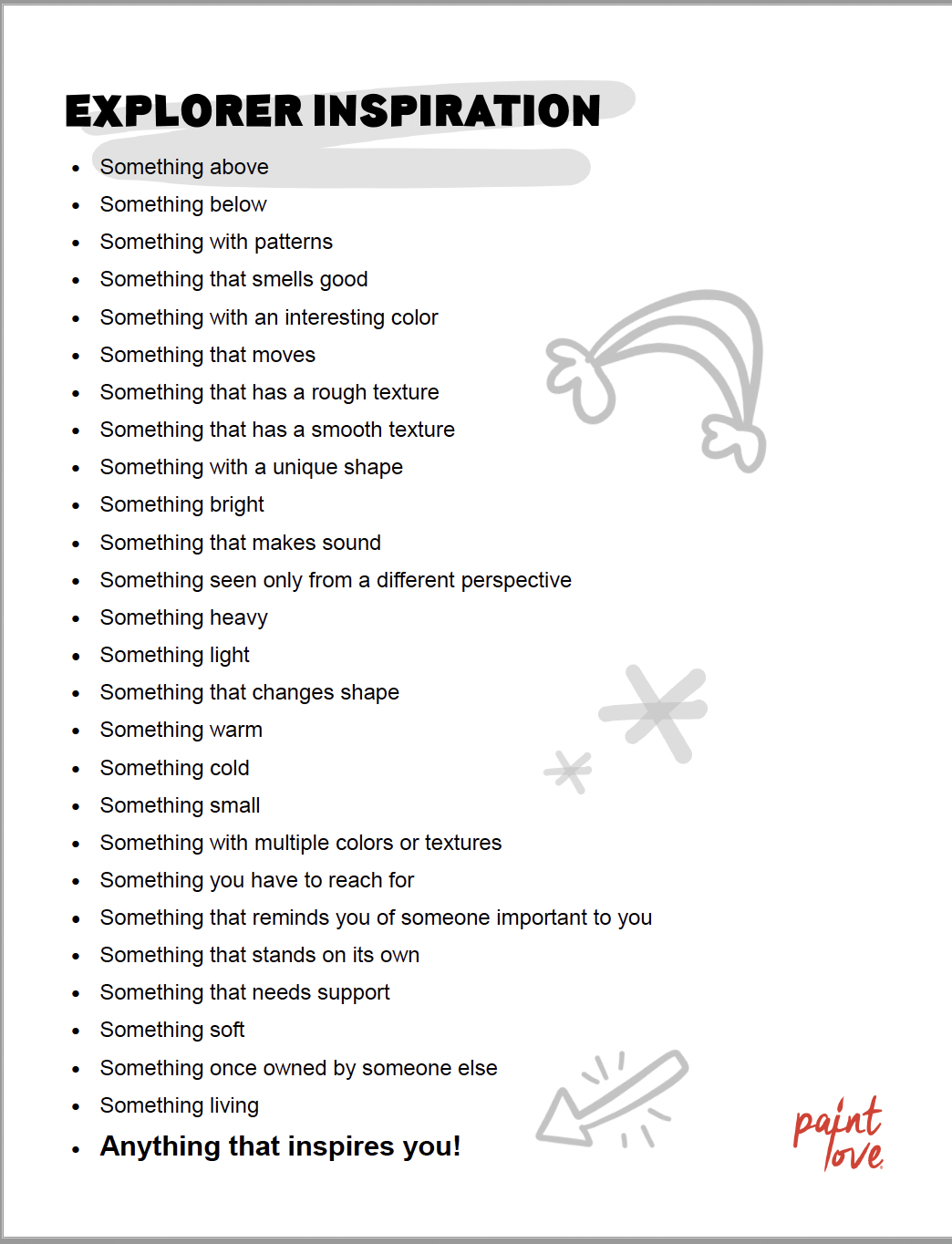
4. Change your perspective
Write or draw something from the perspective of something you found exploring, or create a story about a person who interacted with something you found before you..
Here are some ideas:
What would the world look like and how would you move through space as a tiny bug?
What would be easy? What would be difficult or dangerous?
What journey has a discarded mask been on to get where it is now? Where was it sold? Who wore it? Where was it worn? How did it get lost?
Who planted the tree that grew the leaf you found? Who has sat under the tree?
5. practice empathy
Observe other people who share your space and are in your community.
What similar or different challenges, advantages, experiences, likes and dislikes, might they have?
What changes could make the space or the community better for everyone? Does one thing that make something better for one person or group make it more challenging for someone or something else?
Write or draw what you observe and think any your ideas on making your community better for everyone.











































